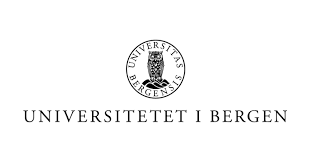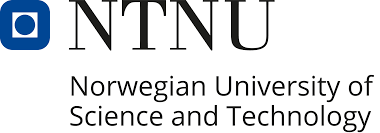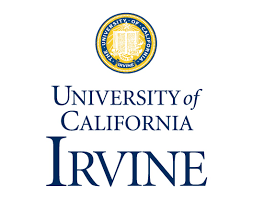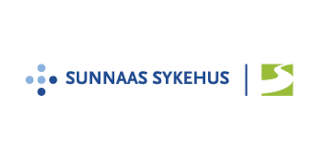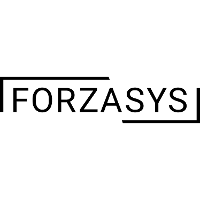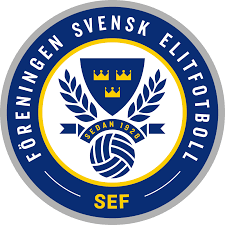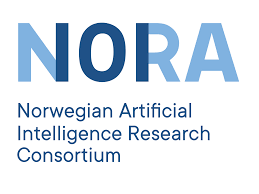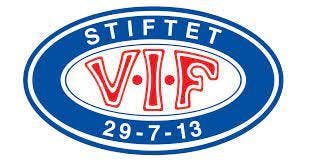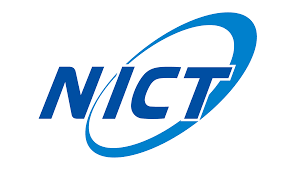Holistic Systems
The Department of Holistic Systems (HOST) conducts research to address real-world challenges in distributed systems, using a holistic approach that encompasses all components of the system.
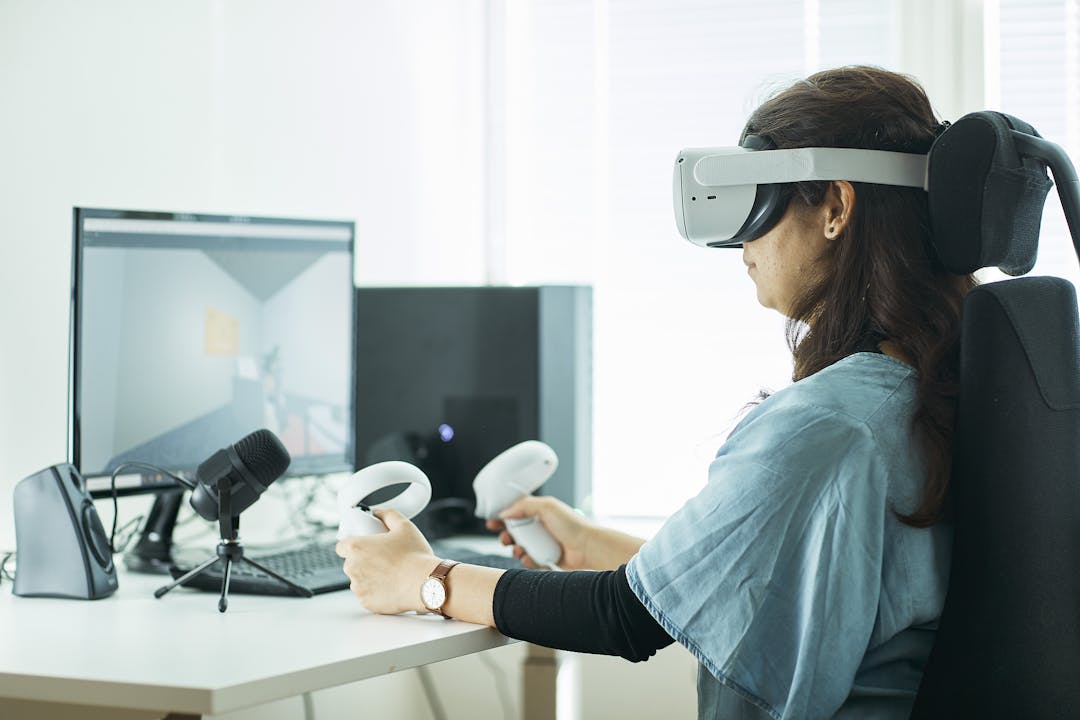
Much of what we do in our daily lives involves technology: we have come to rely on big-data analytics, video streaming, machine learning, web searches, mobile apps – the list goes on. Most people assume that these services will simply perform as they are supposed to, unaware of what goes on beneath the surface.
“Everyday users of technology see only the tip of the iceberg – a very small part of the complete system. In our work, we also look at the parts that people don’t see.”
Pål Halvorsen, department head
Underneath these applications that we take for granted, however, are complex systems made up of many integrated components acting as building blocks, which together enable a functional service. Researchers within the HOST Department work on these complex systems, conducting basic research, experimental prototyping, and running experiments in the intended real-world environments.
Focus areas
We take a holistic, big-picture approach that considers the integration of all components within such a pipeline, with a focus on system performance. Factors such as resource consumption and scalability are important aspects of this.
Because we design complete systems for specific applications, we can achieve the best possible quality of service and the lowest possible resource consumption. Importantly, we also prioritise non-functional requirements and aim to perform open, reproducible research.
“Our holistic approach encompasses both the functional and non-functional requirements of the application. We develop distributed systems that not only aim to produce optimal output, for example, a machine learning model, but are also designed in a way that ensures that the components function as efficiently as possible as a complete system.”
Pål Halvorsen, Head of the HOST department
Our research has direct benefit to society. We contribute to open-source and open-data projects, and we have participated in spinning off and collaborating with new industries in sports, medicine, and social welfare.
An important aspect of what we do is also to educate skilled professionals within these areas.
Our holistic approach in practice: some recent projects
People in HOST
Latest publications
We welcome master's students to write their thesis in collaboration with our team of experts.



